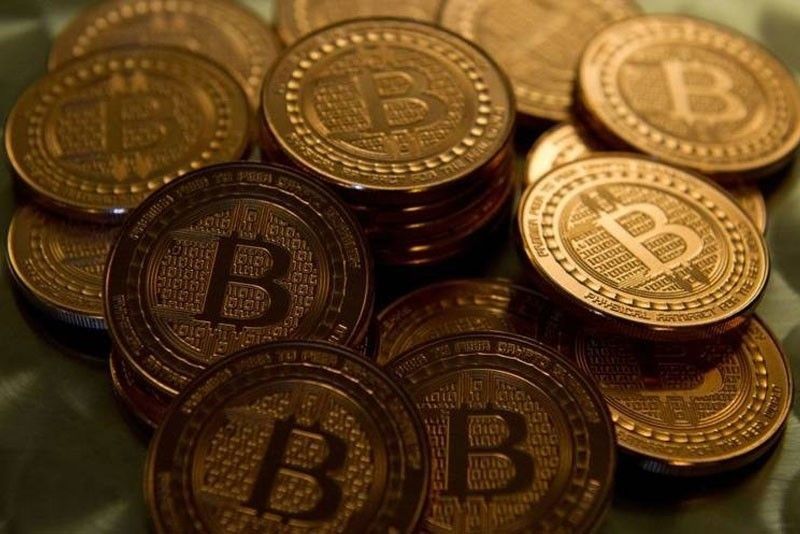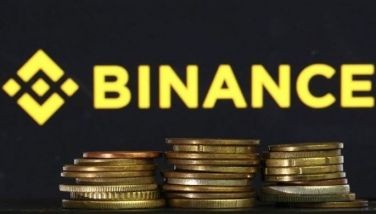Crypto dealings carry risk for ASEAN banks — Fitch

MANILA, Philippines — Southeast Asian banks that have engaged in cryptocurrency transactions may face “financial and even operational” risks over time, according to Fitch Ratings, which also pointed out that such dealings are unlikely to bring a significant revenue boost to these lenders in the next years.
The global debt watcher issued the assessment on Friday, a week after news broke that UnionBank of the Philippines is planning to launch a cryptocurrency trading platform. Some other banks in the region are also dabbling in cryptocurrencies exchange such as Singapore-based DBS and Thailand's Siam Commercial Bank.
While the recent crypto activity is unlikely to have major near-term rating repercussions for Southeast Asian banks, Fitch said “understanding of controls and compliance procedures to mitigate risk, such as know-your-customer processes, will be an important ratings consideration for banks developing digital asset capabilities.”
Fitch noted these Southeast Asian banks adopted a cautious approach in dealing with cryptocurrency financial services, owing to the digital asset's volatile and untethered nature. Fitch noted that taking on cryptocurrencies "could add to earnings instability if bank revenues from the sector grow in the longer run, though it is also possible volatility may ease over time."
At the same time, Fitch said banks may face legal risks as they may expose themselves to money laundering and terrorist financing efforts. But Fitch believes banks in the region could reduce risks arising from this burgeoning venture.
"Some may curb risks through measures, such as limiting access to accredited institutional investors, dealing only in better-established digital assets and clearly segregating custodian accounts from trading wallets," it said.
Data suggest that over 5% of Filipinos dabbled with cryptocurrencies in the past year. The digital asset's mystique, especially since exchanges could be done through blockchain which anonymizes transactions, spurred its meteoric rise that the finance world has yet to overcome.
At home, regulators have yet to come up with stricter measures to regulate cryptocurrencies, especially since the country has just begun to embrace cashless transactions. PDAX, a local cryptocurrency trading platform founded in 2018, is regulated by the Bangko Sentral ng Pilipinas, whose head, Governor Benjamin Diokno, has gone on the record noting "dangers" that cryptocurrencies could bring to the financial system.
For Fitch, revenues from this nascent venture could prove insignificant in the coming years, although banks that are quick to adopt crypto could acquire a competitive advantage if it decides to offer cryptocurrency financial services. Crypto trading and custodial fees can also boost and diversify income for these lenders.
"They may also be able to protect their market positions against competitive threats posed by crypto-focused entities and technologies in segments, such as wholesale clearing and settlement, and cross-border payments," Fitch said.
"We believe more banks in south-east Asia will establish a foothold in the crypto sector in 2022," Fitch said.
- Latest





























